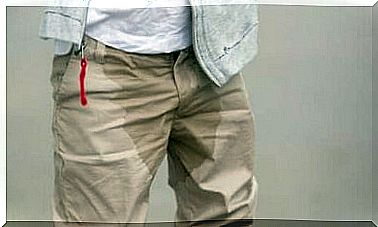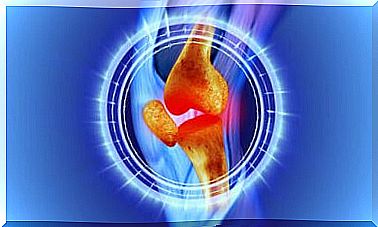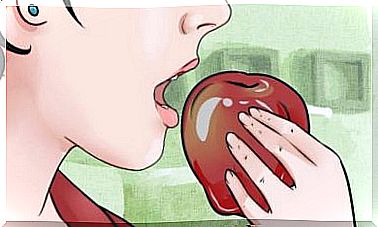Use Of Hyaluronic Acid In Dentistry

The use of hyaluronic acid has been proven to be an effective way to improve the health of the oral mucosa. It is a substance that is naturally present in the gums.
High-molecular-weight hyaluronic acid is used in therapeutic products because it significantly resembles the natural substances in the gingival tissues of teeth.
Experiments by researchers have shown that hyaluronic acid can be used as a treatment if its properties are similar to the hyaluronic acid produced by the body itself. It is involved in the repair and healing process of damaged tissues.
Function of hyaluronic acid in the oral mucosa
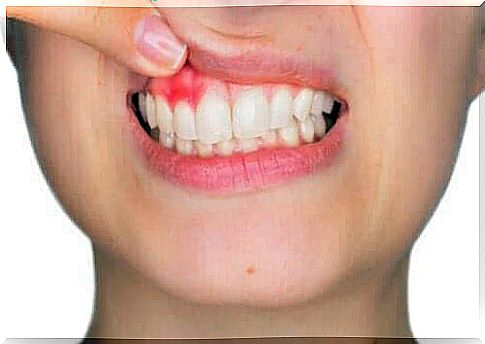
Hyaluronic acid is stored in the outer layers of healthy gingival tissue. Its function is thus based on the formation of a protective barrier on the mucosa, thus preventing the wound or injury from coming into contact with food and drink.
Another property of hyaluronic acid is to help reduce inflammation and discomfort because it has an anti-swelling effect. It also helps heal mouth ulcers.
When a person suffers from periodontitis, the damaged tissues also need more hyaluronic acid.
What if you suffer from a lack of hyaluronic acid?
As we mentioned earlier, the need for hyaluronic acid increases when we suffer from dental inflammation. This need suggests that there is not enough hyaluronic acid to treat inflammation and pain.
When the oral mucosa is damaged, the cells responsible for the regeneration of this tissue enter the area, causing a delay in healing.
Use of hyaluronic acid in dentistry
Hyaluronic acid is often used by dentists to treat a variety of oral diseases, including:
- Mucositis: This category includes gingivitis, gingival bleeding, gingival retraction, and gingival pockets.
- Traumatic lesions: especially wounds, oral cleansing, tooth extraction or postoperative treatment.
- Certain diseases: for certain diseases, the gingival mucosa requires a higher amount of hyaluronic acid.
What are mouth ulcers?
Mouth ulcers are small wounds with a white background and red edges. They usually occur on the tongue, inside the cheeks, and on the gums.
The occurrence of such ulcers is more common in children and adolescents. They also often cause severe pain when in contact with certain foods or beverages.
Hyaluronic acid treatment helps relieve the pain and discomfort caused by thrush (oral yeast infection). This is because it protects the damage and also accelerates its healing process.
Benefits of Hyaluronic Acid in Dentistry
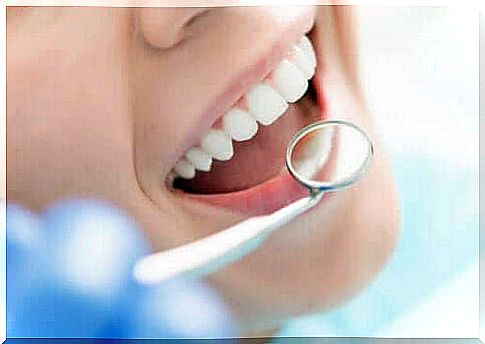
Hyaluronic acid is now widely used in dentistry. It offers numerous benefits, including:
- Pain relief: it forms a membrane that protects against damage as well as relieves pain.
- Protection against external factors: these factors include food and drink.
- Tissue hydration: Hyaluronic acid promotes water accumulation by forming a film and thus liquefies damaged tissue.
- Participating in the healing process.
The use of hyaluronic acid does not hurt either. On the contrary, it creates a feeling of relief.
How to use hyaluronic acid
After taking daily oral hygiene, use hyaluronic acid 3-5 times a day every 3-4 weeks. However, we recommend that you wait half an hour after using hyaluronic acid before eating or drinking.
There are three different products available in stores that contain hyaluronic acid as ingredients. They are classified according to the use of the products:
- Oral gel: Apply the film to the affected area with clean fingers so that you can apply it evenly.
- Rinsing: rinse 10 ml of the substance in the mouth for 1-2 minutes. The product does not need to be diluted.
- Spray: sprays ensure that the substance covers the entire area at a similar concentration. Spray manufacturers recommend using 1-2 sprays a day on the inflamed area.
Hyaluronic acid in dentistry
Hyaluronic acid has no local or systemic pharmacological effect on the oral mucosa. So it is really safe to use and does not cause any side effects. It can be used without any restrictions. The use of hyaluronic acid is ideal in children as it does not hurt and is not toxic.





